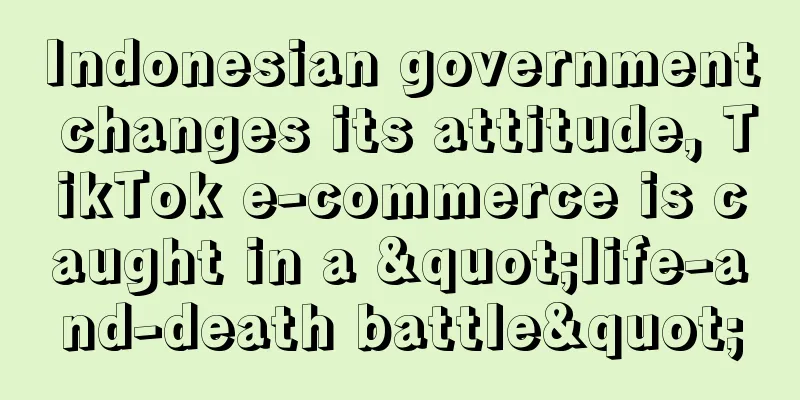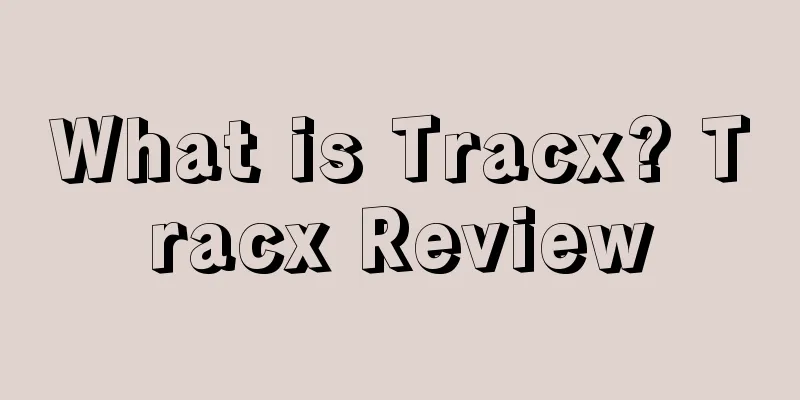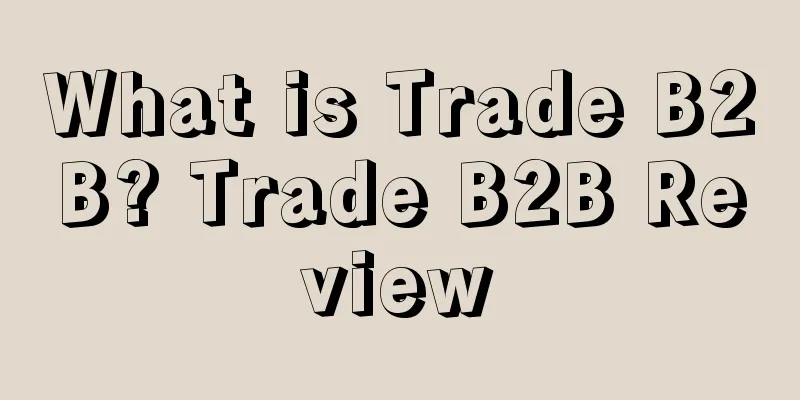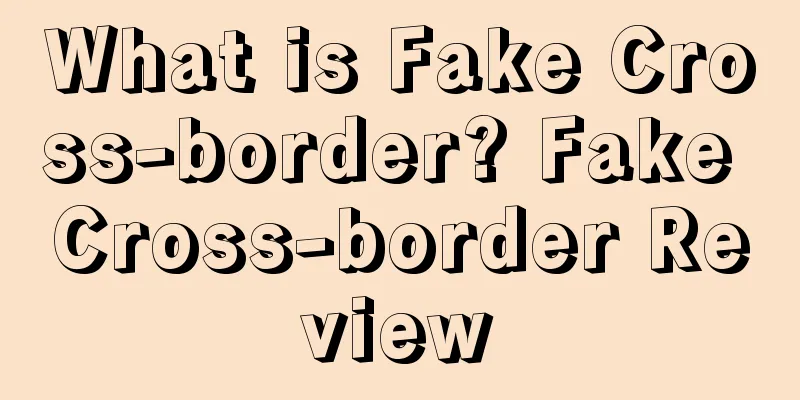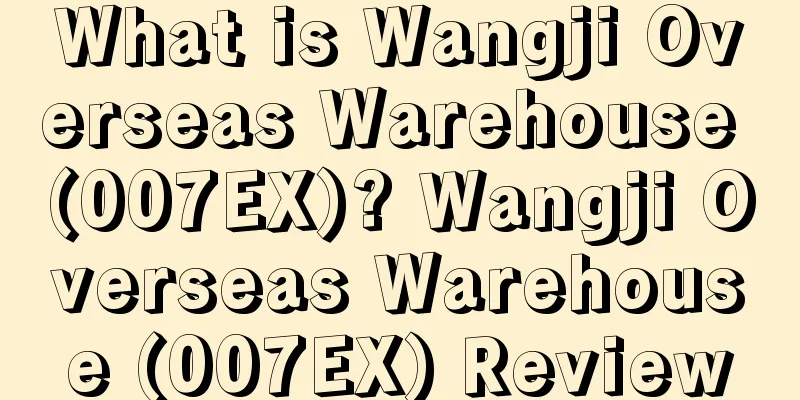The Indonesian market plays an important role in TikTok's e-commerce journey in Southeast Asia.
It is learned that globally, the number of TikTok users in Indonesia ranks second, second only to the United States. As of the first quarter of 2023, the number of TikTok users in Indonesia has reached 135 million, and the gap with the United States is gradually narrowing. However, TikTok's huge success in the social field and its rapid development in the e-commerce field have also made the Indonesian government quite wary. Indonesian government may follow US lead in restricting TikTok Since TikTok Shop was launched in Indonesia in February 2021, it has entered the Southeast Asian market as an absolute newcomer and set one growth myth after another . Currently in Indonesia, TikTok Shop has become the fifth largest e-commerce platform in Indonesia, with a market share of 5%. It is understood that more than one-third of the goods sold in Southeast Asia last year were purchased by Indonesians . With the popularity of short videos and the promotion of live shopping, TikTok Shop still has a lot of room for growth. Currently, due to the influence of Indonesian policies, TikTok Shop has not yet opened cross-border stores and is only open to local Indonesian sellers. Even so, the Indonesian government is still eyeing TikTok Shop and is even sharpening its knife to attack TikTok .
TT123 learned that the Indonesian government plans to restrict TikTok from engaging in e-commerce activities in Indonesia, according to the Financial Times. According to a government statement, on Wednesday, Cooperatives and Small and Medium Enterprises Minister Teten Masduki accused TikTok Shop of "monopolistic" business practices at a meeting. Teten Masduki stated that "TikTok's broad user base and algorithmic recommendation system provide it with an unfair advantage." In addition, the minister believes that TikTok's digital payment system and logistics team may also harm Indonesian local companies and create a monopoly. It is worth noting that TikTok has not yet obtained Indonesia's payment license and still relies on Indonesia's third-party payment service providers . From the perspective of logistics, compared with Shopee, which has been deeply rooted in the local market for many years, TikTok's logistics competitiveness in the Indonesian market is relatively weak. Indonesia consists of 17,508 islands, and the low efficiency of last-mile delivery has always been a thorny problem. In addition, insufficient infrastructure construction makes logistics and transportation difficult. In general, TikTok's logistics foundation is relatively weak and it is highly dependent on third-party logistics delivery . Therefore, the Minister of Cooperatives and Small and Medium Enterprises wants to restrict the development of TikTok's e-commerce on the grounds that "TikTok has its own payment and logistics team". It can be said that "Sima Zhao's intention is known to everyone." In fact, not only has this senior government official expressed his dissatisfaction with TikTok in public many times, but the Indonesian government's attitude towards TikTok is also very subtle. Earlier this year, a widely circulated "online begging" video on TikTok had already aroused the dissatisfaction of the Indonesian government. However, the plan to block TikTok Shop still needs the support of other departments of the Indonesian government (including the Minister of Communications and Trade). In the future, TikTok Shop may face more scrutiny from government departments. TikTok and the Indonesian government There is no smoke of gunpowder in the confrontation between TikTok and the Indonesian government, but there are undercurrents . Indonesia has a relatively strict regulatory policy in the e-commerce market. For example, the sale of cosmetics and food requires certification from the Indonesian Food and Drug Administration. However, social e-commerce like TikTok Shop has not yet been included in the Indonesian government's regulatory scope. It is precisely because the Indonesian government does not have a clear scope for regulating social e-commerce that it is easy for problems such as the standard for settlement of transaction income to be delayed. Such problems were exposed in June this year, with a large number of Indonesian sellers posting on Twitter and TikTok, complaining about delayed payment from TikTok Shop and store closures without notice. Therefore, many sellers called on the government to get involved in paying attention to the needs of online sellers and ensure that platforms like TikTok Shop can comply with the regulations and standards for fund settlement. After realizing the relevant problems, TikTok said it was improving the fund settlement system and promised to speed up the verification process for settlement. Currently, the Indonesian government regulates online trade through Presidential Decree No. 80 of 2019, and stipulates the relevant terms of business licenses through Ministry of Trade Decree No. 50 of 2020. This means that social e-commerce, which was previously not subject to policy supervision, will also be defined as a form of e-commerce sales . This will have the greatest impact on TikTok Shop, because TikTok Shop will also need to obtain a license, pay taxes, and apply for relevant permits such as importing goods . In addition, the Indonesian government has also expressed strong concern about TikTok's full hosting model, worrying that the introduction of its full hosting will allow the platform to shift more traffic to its own products. The Indonesian government is also formulating a series of restrictions on the e-commerce sales of imported goods, and plans to introduce relevant bills to prevent TikTok's full hosting model from going online. In response to this, TikTok chose to temporarily avoid the limelight, saying that it would not launch full hosting in Indonesia, and promised to protect the interests of local Indonesian businesses . It is also learned that in order to enhance the competitiveness of TikTok Shop in the Indonesian e-commerce market, TikTok also held preliminary negotiations with Indonesian regulators in early August this year in order to obtain the PJP payment license issued by the Indonesian central bank. If the payment license can be successfully obtained, it means that TikTok has been recognized by Indonesian regulators in terms of compliance operations and risk control . It is worth mentioning that TikTok also has certain political risks in Indonesia. It is understood that Indonesia will hold a presidential election in February 2024, and the candidates' attitudes towards Chinese companies are still unclear. In the future, it can be said that the situation is changing rapidly and there is no conclusion yet. Compared with the constraints in Europe and the United States, TikTok can be said to have made great strides in the Southeast Asian market, but supervision from government departments is still an unavoidable obstacle. At present, governments in Southeast Asia are closely watching the development of TikTok, and TikTok e-commerce still has a long way to go if it wants to dominate Southeast Asia.
|
